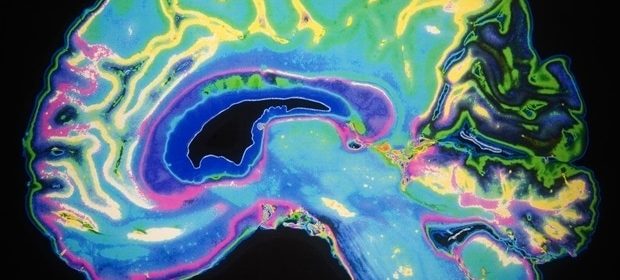A Mid-Marathon Cardiac Arrest, an MDs Crisis of Confidence

Emergencies happen anywhere, anytime, and sometimes medical professionals find themselves in situations where they are the only ones who can help. Is There a Doctor in the House? is a Medscape series telling these stories. I was running my 25th New York City Marathon. It was 2018, and I almost pulled out of running that year. I wasn’t myself, […]
Continue reading »







